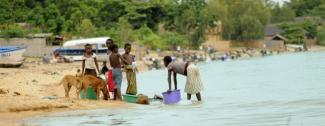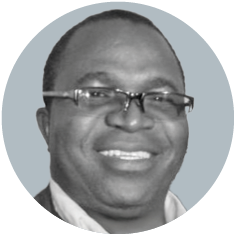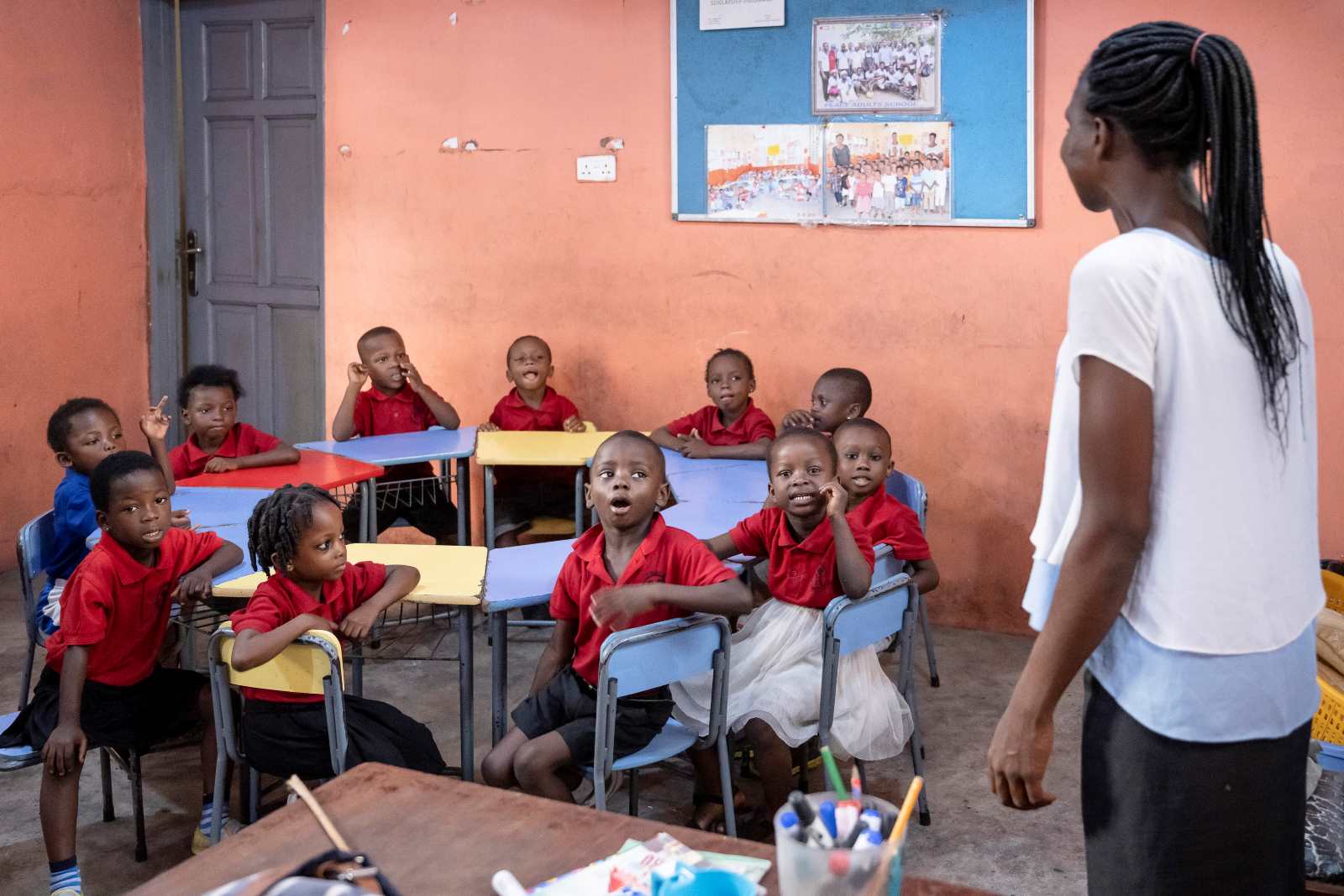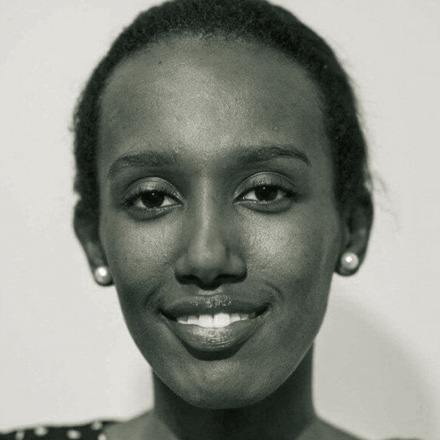Safe drinking water
Funding matters

Malawi is one of the poorest countries on earth. According to the World Bank, its gross national income per capita was a mere $ 340 in 2015. That year, slightly more than half of its people were living below the national poverty line. Social and economic statistics are generally not encouraging even though Malawi is a peaceful country. It has not witnessed serious violent conflict since becoming independent from Britain in 1964, and yet many people are stuck in poverty.
Experts blame the political establishment for its economic and social woes. Local people tend to agree. Malawi still does not have universal access to water and improved sanitation.
Deep frustration
“How can a country achieve that when its leaders are busy stealing from the very same people they claim to want to help?,” asks Alexander Phiri, a father of three from Mtandile. Most people in this slum in the midst of Lilongwe, the capital city, lack access to safe drinking water and proper toilets. Most families depend on unprotected wells. Water kiosks sell safe water, but many families find the prices unaffordable.
Phiri sees politicians at fault. In his eyes, “leaders are busy stealing tax-payer money at the expense of the poor”. He is referring to the “cash-gate” scandal of 2013. It was revealed that government officials and suppliers had stolen millions of dollars from government coffers. As a consequence, multilateral and bilateral donors such as the EU, the World Bank, the African Development Bank, Germany, Norway, the USA, the UK and others stopped supporting the country’s national budget. Together, their support had contributed about 40 % to Malawi’s national budget. The discontinuation of aid flows had serious impacts, not only on the Water, Sanitation and Hygiene (WASH) sector, but on health services in general and education too. The greatest gaps, however, have probably opened up in sanitation infrastructure. Toilets are considered something dirty, so government leaders prefer to raise their profiles with other topics. As Malawian institutions never committed huge resources to sanitation, donor funding matters in particular. In the financial year 2014/15, government expenditure on WASH was the equivalent of a mere $ 1.1 million.
Peter Kumpalume, the health minister, says the government has no money to fund all the sanitation programmes needed. On the other hand, he admits that poor sanitation alone costs the government the equivalent of more than $ 12 million per year. That money is spent on drugs to treat diseases which could have been avoided with appropriate practice of sanitation. Kumpalume says that non-governmental agencies are crucial for improving matters. He considers them “partners who work with us to help deal with sanitation problems”.
A number of civil-society organisations have indeed been working in many villages in Malawi with a focus on WASH matters. One of them is United Purpose (UP) (formerly called Concern Universal), an international NGO. With funding from the British government and UNICEF, it ran its WASH programme in central Malawi’s Kasungu and Dowa districts, targeting 420,000 people who live in the jurisdictions of 11 Traditional Authorities (TAs). TAs are local-government units that are led by traditional chiefs. Thanks to UP, almost 1,800 villages have been declared to be free of open defaecation (ODF) so far.
Heather Campbell, the NGO’s country director, reports that 714 boreholes were drilled for about 180,000 people, with 42 boreholes serving schools. She sees “remarkable progress in sanitation and hygiene” since 2013, when the programme started.
Overall progress was not bad for a long time. According to WaterAid, 88 % of Malawians used basic sanitation in 2012, while 10 % had access to improved sanitation. From 1990 to 2012, the share of people who practiced ODF was reduced from 29 % to seven percent. The financial bottlenecks after cash-gate have slowed progress down, however. Today, approximately 80 % of the resources allocated to the sector are from international donor institutions that channel their funding through international and local NGOs.
Personal hygiene matters too, of course. Some studies show that only 37 % of the population practice good hygiene. According to WaterAid, only four percent of schools in Malawi now have hand washing facilities with soap. Sanitation is poorly managed in other public institutions, including markets and health facilities.
Pan-African challenge
Malawi has signed international agreements relating WASH issues, most prominently the UN 2030 Agenda for Sustainable Development. There are African agreements as well. Ministers from AU members adopted the eThekwini Declaration in the South African town of the same name in 2008. The follow-up, the Ngor Declaration, was adopted in 2014. Malawi is a signatory of both.
African leaders acknowledge that sanitation is not getting the attention it deserves. UNICEF and the World Health Organization reckon that the number of people who practice ODF in Africa actually increased from 227 million to 233 million in the years 2000 to 2012. Such data show that infrastructure investment has not kept up with population growth.
One of the eThekwini commitments was to spend 0.5 % of GDP on sanitation every year. Unfortunately, many countries failed to live up to it. In 2014, AU leaders thus had to admit that more needs to happen. Among other things, the Ngor Declaration commits AU nations to achieve universal access to improved sanitation by 2030. It is remarkable that this goal was set before the SDGs were adopted.
Malawi is still not investing 0.5 % of GDP in water infrastructure. To be fair, the country has struggled with a serious draught last year. However, WaterAid argues that the ministries in charge of irrigation and water development should have specific budget lines dedicated to sanitation and hygiene. So far, only the Ministry of Health has such a budget line, and its focus is on curative, not preventive health care.
Action is required in urban areas too. Lilongwe and Blantyre are Malawi’s major cities. They have more than one million inhabitants each, and their populations are growing fast. Their sewer systems, however, were built under colonial rule in the 1950s. In Blantyre, 10 % of people’s homes are connected to sewerage pipes and treatment plants, while the comparative share in Lilongwe is 20 %. So far, waste water from households and industries ends up in rivers and streams in both cities.
The rivers, however, are the main source of water for thousands of city dwellers. Because the sewer system is completely overburdened, moreover, ground water is contaminated – and so are the wells that many more people depend on. This is the main reason why water-borne diseases are common. The plain truth is that universal access to safe water is impossible without universal access to sanitation.
In both cities, new mayors were elected in January 2017. Both have promised to improve sanitation. It remains to be seen how they will mobilise resources for massive infrastructure investments.
Raphael Mweninguwe is a freelance journalist based in Malawi.
raphael.mweninguwe@hotmail.com










